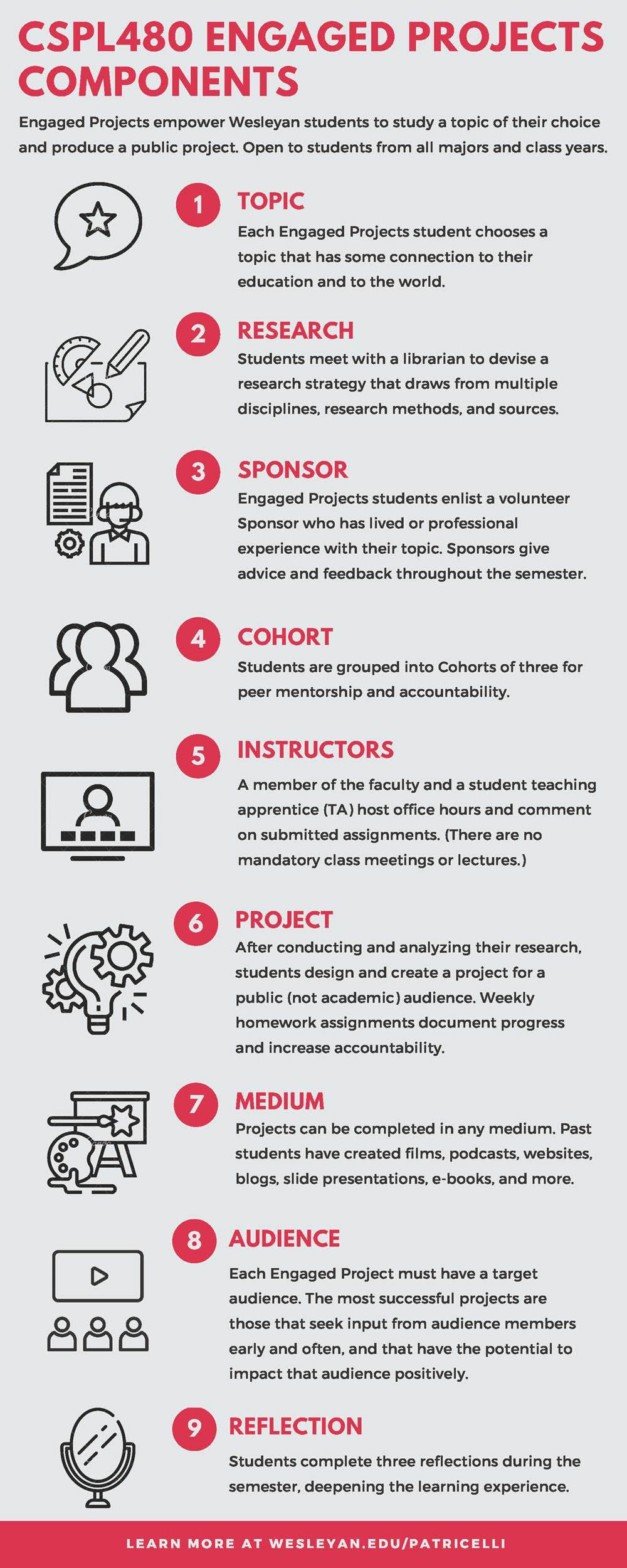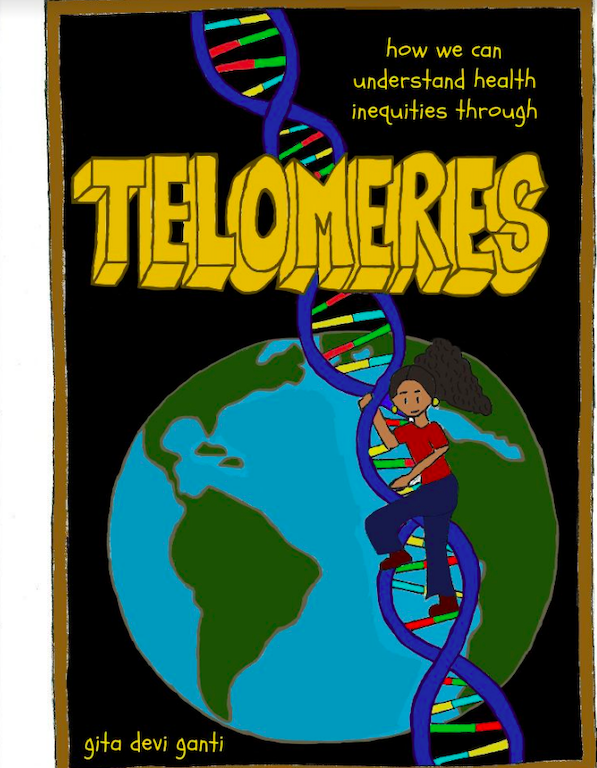
In Fall 2020, the Patricelli Center for Social Entrepreneurship, the Allbritton Center for the Study of Public Life, and the Fries Center for Global Studies launched Engaged Projects (EP), a 1.0 credit, one-semester course that supports and guides participating students in pursuing a research project of their choice. Throughout the semester, students work with a professional mentor and other students in the course who serve as peer mentors to produce a final project: a blog, video, presentation, or anything else intended for a public audience.
This fall, 30 students participated in the program, researching topics such as sustainability, economic inequality, and entrepreneurship. Students were offered the freedom to explore whatever topic they were interested in and conducted their research independently on a flexible timeline. This flexibility was a core aspect of the course, according to the Director of the Patricelli Center for Social Entrepreneurship, Makaela Kingsley ’98.
“We launched the Engaged Projects (EPs) program in response to the educational shifts caused by the pandemic,” Kingsley wrote. “Most courses had to make significant changes to comply with [COVID-19] protocols, but EPs were designed to accommodate the new learning landscape right from the start. EPs give students agency in a time when so little is in their control.”
For her project, Lauren Stock ’21 researched how to make theater more accessible to those with physical and neurological disabilities. Stock said that the flexibility of the class allowed her the freedom to take some time off when needed or to do extra work when she felt motivated.
“I think the way that the class is set up, it’s so independent, so there were some weeks where I did very little on it and there were some weeks that I worked on it for three or four hours every day,” Stock said. “I think one of the beauties of [the course] was it simultaneously got to be more and less work than my other classes, depending on what I needed it to be. When I really wanted to dive into it, I had that flexibility, and when I said, ‘Okay, this week, I need to step back and work on something else,’ I also had that flexibility.”
Emily Sheppard ’22, who researched business practices such as marketing and advertising, expressed that the lack of structure offered her the motivation to keep going and to expand her project.
“The fact that there was no structured syllabus just made it like unlimited,” Sheppard said. “I felt like there was no ending, so I just continued. That’s what I needed for this project…. For this class I [began] a lot of studying on a very direct path: marketing, advertising, journalism. Then I ended up doing that and teaching myself how to use WordPress, different photography, different editing for blogs. There’s just so much more than I even thought and had intended to learn about, but I learned a lot and I’m not done.”
Kingsley noted that due to the program’s flexibility and student-driven nature, students were able to stay engaged with their projects over the course of the semester.
“I was impressed with the sustained passion most EP students had for their topic and their project,” Kingsley said. “Personally I find it hard to stay focused and excited about anything these days, and I wondered if the independent nature of EPs would be an issue in terms of student commitment and engagement. In fact, in most cases the opposite happened—students found their EP work to be fueling rather than draining.”
Stock, who paired her research project with her theater thesis, noted that she would have done this type of research independently, but being able to receive credit for it and have access to assistance and resources kept her motivated.
“I knew that I was going to do [this research] regardless, but that it would be such a game changer for me to be able to have some sort of infrastructure and support and time allotted to this whole additional side of work for my thesis,” Stock said. “It was either I was going to be taking four classes and doing this mountain of work, or I could do this mountain of work as part of that course load.”
Nyaiah Lamb ’21, who spent the semester working on a mentoring program to help Black students adapt to the University, argues that the amount of work she put into her EP was more work than what she’d put into a typical class, but only because she was passionate about it.

“Yes, [it was more work than a normal class], and that’s only because it’s something that you are genuinely interested in,” Lamb said. “This is a topic that you’re picking. This is one that you’re studying for this semester, so of course naturally by your own interest, you’re going to want to put more work into it. I feel like that’s kind of the point. It’s up to you to take your project wherever you want it to go.”
Gita Ganti ’21 created a graphic novel to educate readers about telomere analysis, a biological development that can analyze a person’s biological age to help address chronic illnesses and overall health. Ganti worked on her EP as a replacement for a senior thesis, which she was unable to do due to the pandemic.
“As a senior, [completing a thesis] was my intention, but COVID changed my morale [and my plans for] what I wanted to do for my senior year,” Ganti said. “There’s this pressure to be completing a thesis, as if that’s your only way to showcase what you’ve learned, that’s your only culmination work…[but] students can do some pretty unique things and showcase their work, and they don’t have to always go down the typical [route].”
Engaged Projects will be offered in the spring semester for a new group of students to pursue
research they are passionate about.
Olivia Ramseur can be reached at oramseur@wesleyan.edu or on Twitter at @oliviaramseur.


Leave a Reply